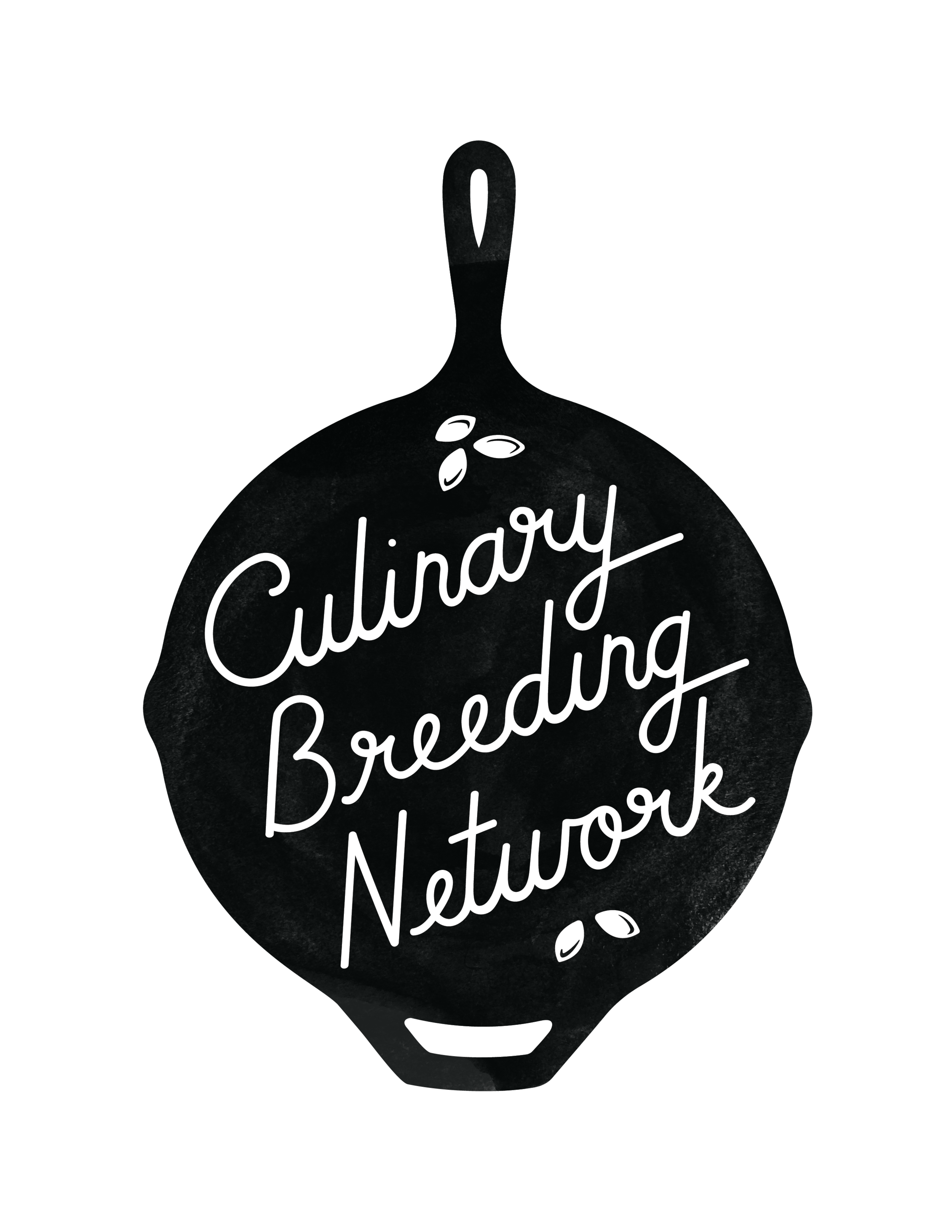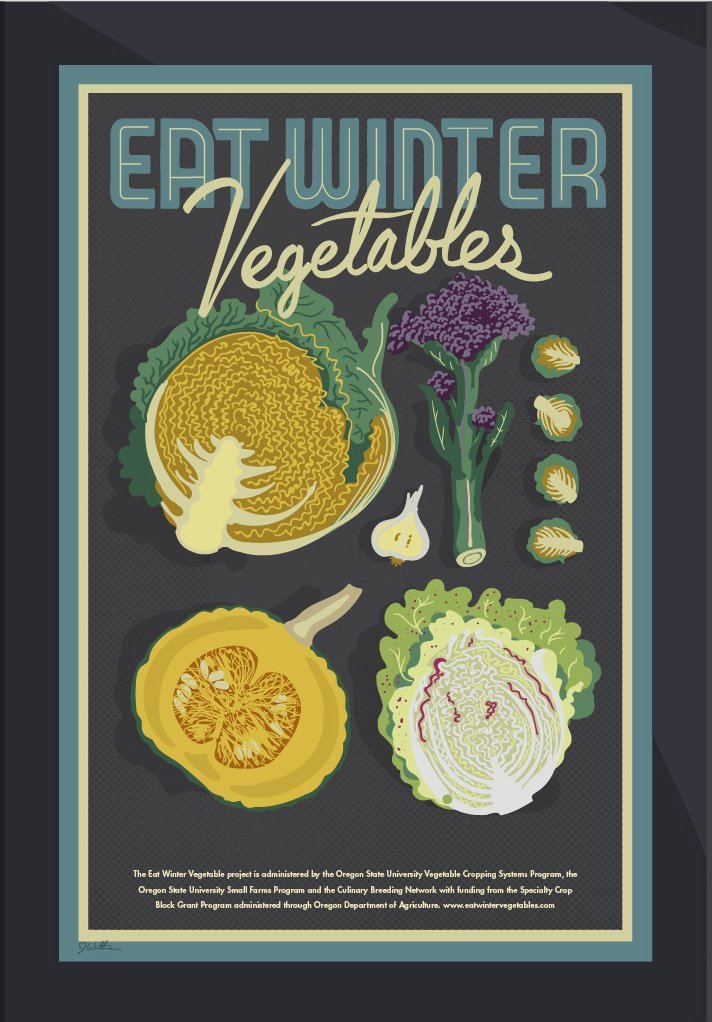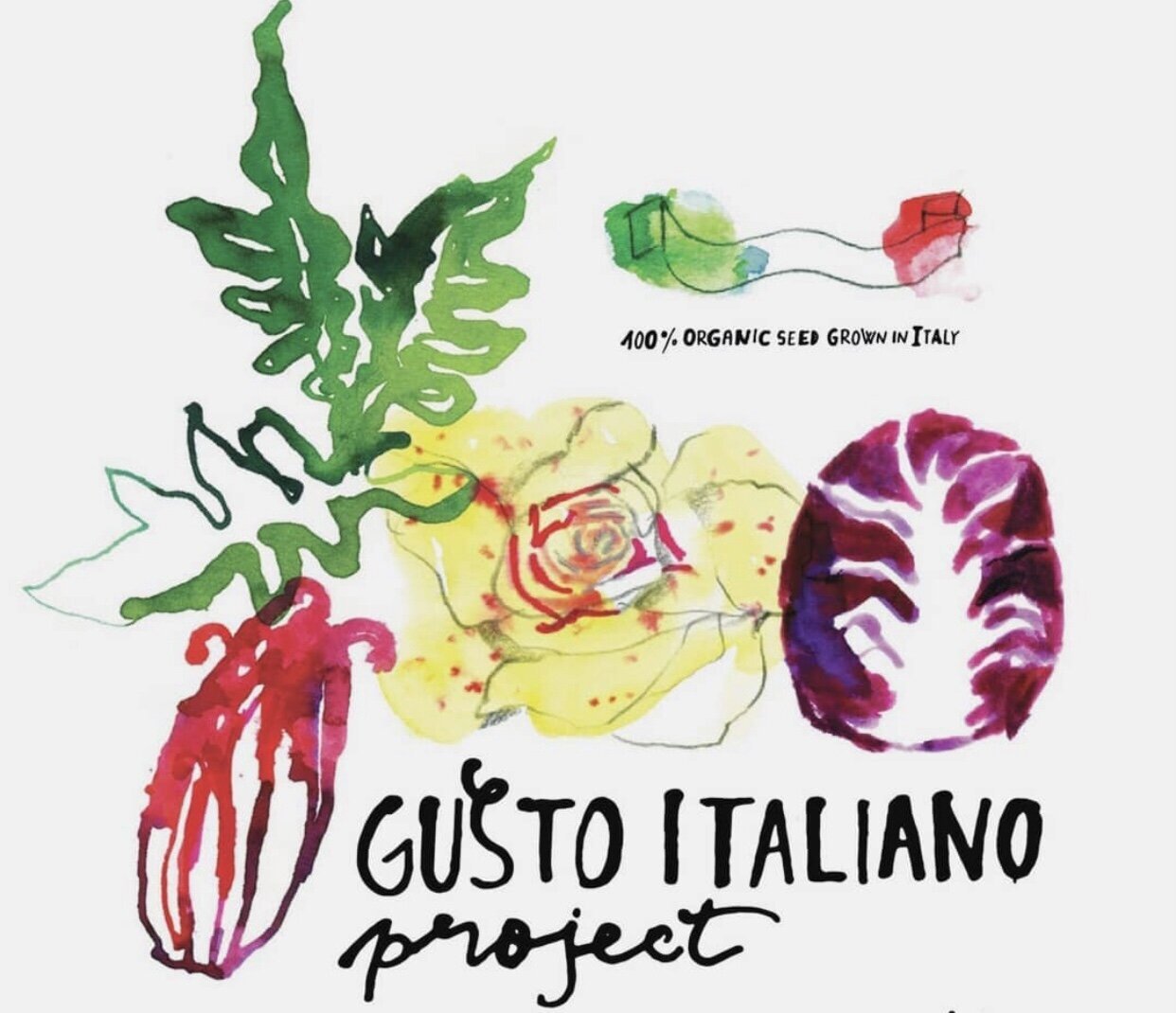Barley World
Barley World – a team of enthusiastic barley breeders, growers, maltsters, brewers, food chemists, and other professionals dedicated to generating fundamental knowledge about barley, applying the knowledge to stimulate economic development through the release of novel barley varieties, sharing barley genetic resources, and encouraging barley use and consumption.
Chicory Week
Chicory Week was originally organized in a grassroots fashion by Culinary Breeding Network, Local Roots Farm, London Plane, Tom Douglas Seattle Kitchen and Uprising Seeds. It began in 2018 as a way to bring more attention to our favorite Pacific Northwest bitter vegetable. The Sagra del Radicchio occurs during Chicory Week. Read about the Sagra del Radicchio inspiration here.
To learn more about radicchio, check out the RADICCHIO ZINE.
Dry Farming
CBN works with collaborators like the Dry Farming Institute to raise awareness of the benefits of dry farming.
Conservation: Dry farming saves water, time, and energy for growers.
Low Input: Dry farm practices reduce weeds since fields are not irrigated. Irrigating also causes nutrient leaching. Dry farming reduces the need for chemical inputs like herbicides and fertilizer.
Quality: With less water diluting the important stuff, dry-farmed produce is more flavorful and nutrient dense.
Storability: On average, dry-farmed produce stores longer than irrigated counterparts.
Resilience: Dry farming practices provide opportunities for growers without water rights and those who need to adapt to a changing climate.
Eat Winter Vegetables
The goal of the Eat Winter Vegetables project is to increase production and consumption of nine winter vegetables in Oregon: Brussels sprouts, cabbage, cauliflower, celeriac, collard greens, garlic, purple sprouting broccoli, radicchio and winter squash. This initiative follows the Eat Winter Squash project, which looked for superior storing and tasting squash varieties (i.e. putting the WINTER back in winter squash). Oregon’s mild winter climate is well suited to storage crops and over-wintered field vegetables. However, there are currently few locally-grown winter vegetables available January through April. Sometimes (ex. squash) the challenges exist on the production side - an aggressive fungal pathogen makes storage after January difficult for Oregon squash growers. While other times (ex. radicchio), eaters lack familiarity and understanding of how to use these vegetables in their kitchens.
Gusto Italiano Project
The Gusto Italiano Project is a collaboration between the Culinary Breeding Network, Uprising Seeds and northern Italian vegetable breeders at Smarties.bio. The project was born from a mutual love of radicchio and a desire to further establish it as an anchor of the fall and winter produce season here in North America, and specifically the Pacific Northwest.
Log House Plant Collections
In a collaboration with our friends at Log House Plants, we have a curated collection of our favorite plant varieties for growing and eating. Check out the Culinary Breeding Network collection from Log House Plants here. Log House won’t sell to you directly, but their website has a list of retailers where you can find their amazing plant starts. Or you can buy seeds and start them on your own!
Past Projects:
Burgerville Seedlings
Our friends at Burgerville are introducing their Seedlings program, and CBN has partnered with them to get local seeds into kids’ meals! This program taught customers (and fans) about Northwest-bred and grown seeds and gardening.
Northern Organic Variety Improvement Collaborative (NOVIC)
The NOVIC project brought together researchers and organic farmers in Northern US states to address their seed and plant breeding needs. The collaborative includes researchers and educators from Oregon State University, University of Wisconsin (Madison), Cornell University, Organic Seed Alliance, and the USDA. NOVIC partnered with organic farmers to breed new varieties, identified the best performing existing varieties for organic agriculture, and educated farmers on organic seed production and plant variety improvement. NOVIC looked for traits conducive to fresh markets with a focus on season extension. Breeding goals included (1) an OP broccoli with traditional F1 attributes and heat-tolerance; (2) a weed-competitive, cold-tolerant ‘Nantes’ carrot; (3) a disease-resistant, heat-tolerant stringless snap pea; (4) a cold-tolerant, sugary-enhanced sweet corn; (5) a butternut squash with good storability; and (6) the "farmers' choice" crop (the Oregon "farmer choice" crops have included sweet peppers, overwintering kale and chicories, including treviso, castelfrancos and grumolos).








